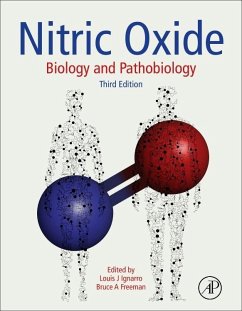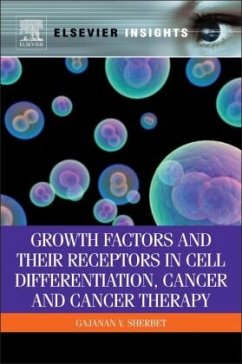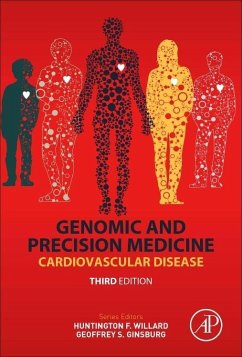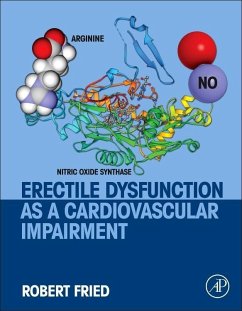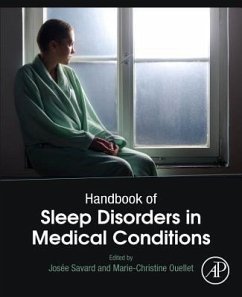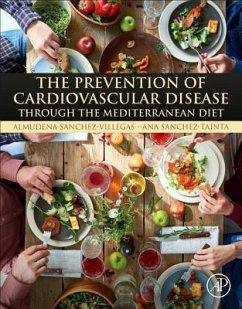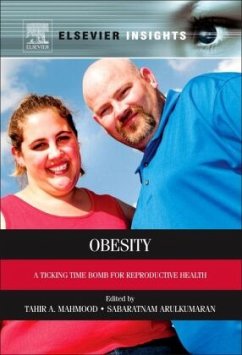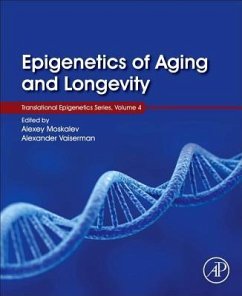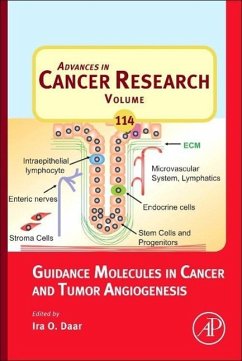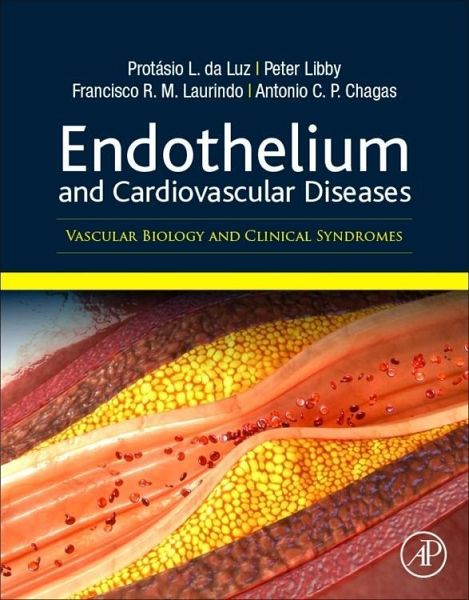
Endothelium and Cardiovascular Diseases
Vascular Biology and Clinical Syndromes

PAYBACK Punkte
90 °P sammeln!
Endothelium and Cardiovascular Diseases: Vascular Biology and Clinical Syndromes provides an in-depth examination of the role of endothelium and endothelial dysfunction in normal vascular function, and in a broad spectrum of clinical syndromes, from atherosclerosis, to cognitive disturbances and eclampsia. The endothelium is a major participant in the pathophysiology of diseases, such as atherosclerosis, diabetes and hypertension, and these entities are responsible for the largest part of cardiovascular mortality and morbidly. Over the last decade major new discoveries and concepts involving t...
Endothelium and Cardiovascular Diseases: Vascular Biology and Clinical Syndromes provides an in-depth examination of the role of endothelium and endothelial dysfunction in normal vascular function, and in a broad spectrum of clinical syndromes, from atherosclerosis, to cognitive disturbances and eclampsia. The endothelium is a major participant in the pathophysiology of diseases, such as atherosclerosis, diabetes and hypertension, and these entities are responsible for the largest part of cardiovascular mortality and morbidly. Over the last decade major new discoveries and concepts involving the endothelium have come to light. This important reference collects this data in an easy to reference resource.
Written by known experts, and covering all aspects of endothelial function in health and disease, this reference represents an assembly of recent knowledge that is essential to both basic investigators and clinicians.
Written by known experts, and covering all aspects of endothelial function in health and disease, this reference represents an assembly of recent knowledge that is essential to both basic investigators and clinicians.




